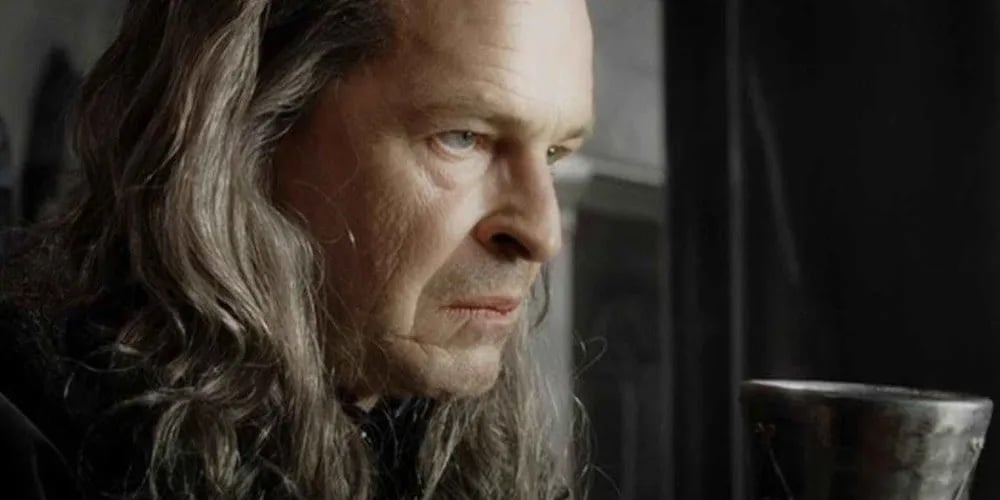Choice is one of Tolkien’s great preoccupations in The Lord of the Rings. He is fascinated by the existential challenge that confronts one at certain moments in life. I do not think they come often. You’re presented with two options. In that moment, both options are open to you and both options contain within entire worlds of consequences and outcomes from that choice. But once you make the choice, one world is lost to you forever.
Login to read more
Sign in or create a free account to access Subscriber-only content.
